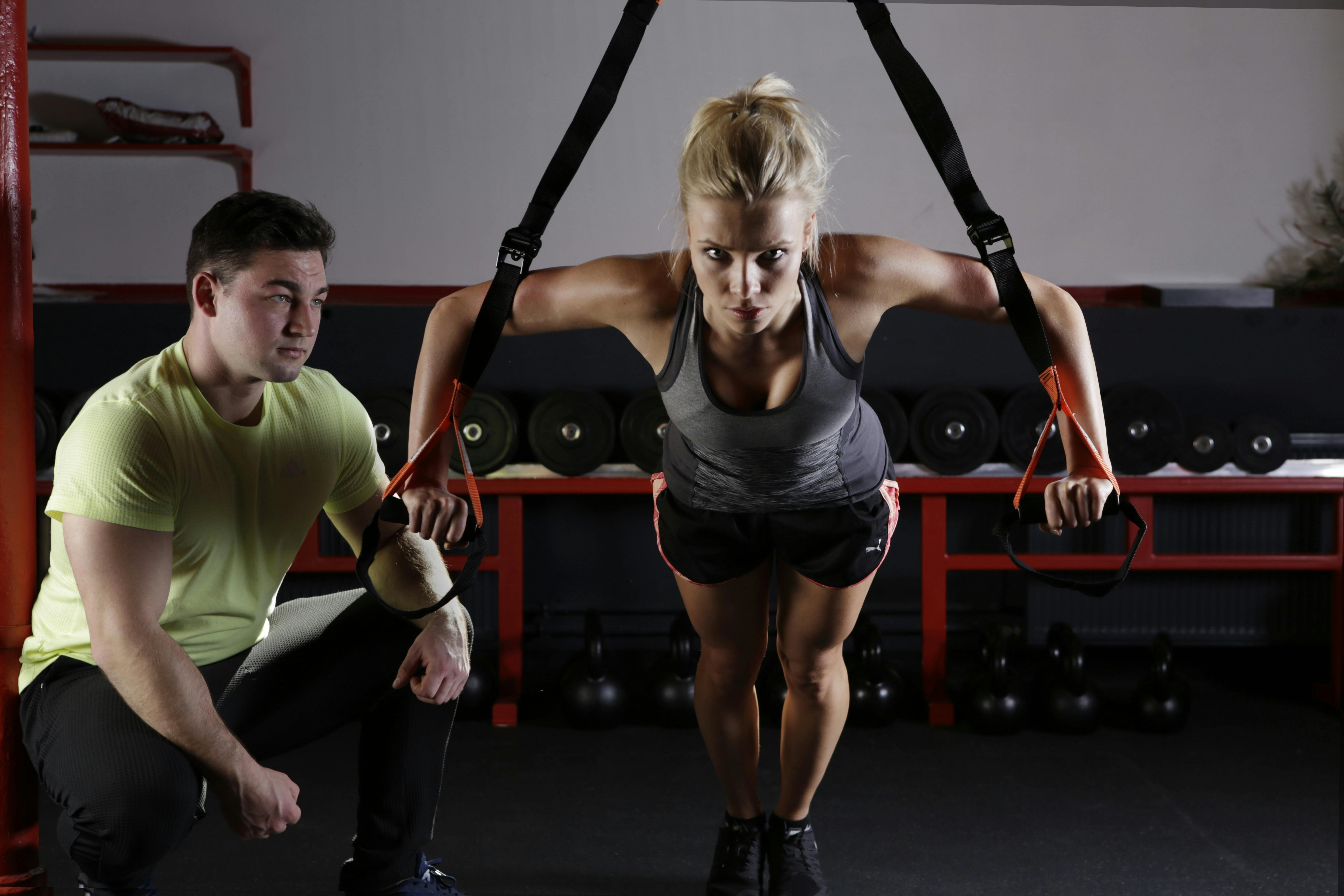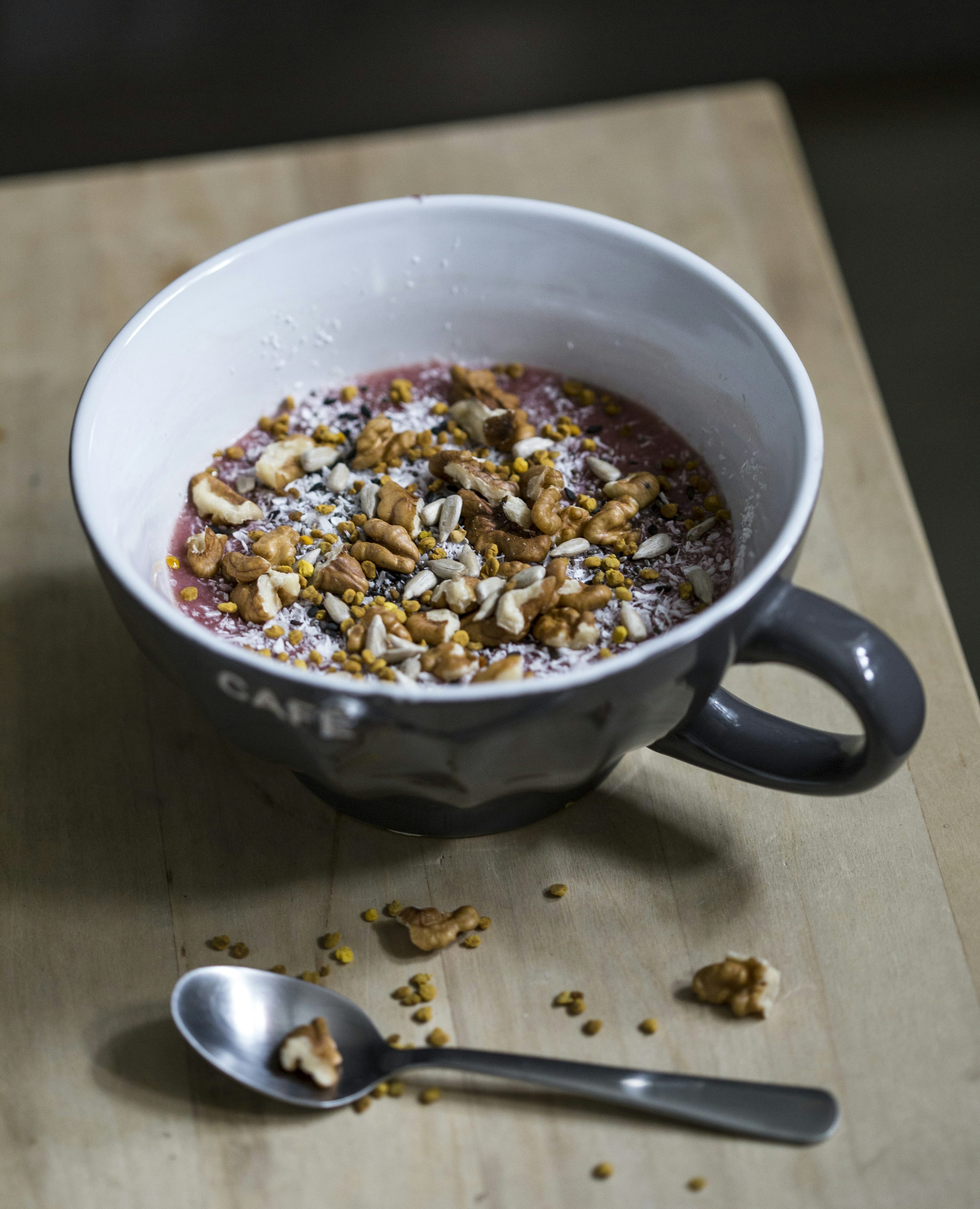Exercise and Digestion: The Surprising Impact on Your Bowel Movements
We all know exercise is great for our heart and muscles, but did you know it also benefits your digestive system? Regular physical activity can make a big difference in how well your gut works and how often you have bowel movements. In this article, we'll explore how exercise impacts digestion, why it helps prevent constipation, and what types of exercise are best for your gut.

How Exercise Helps Your Gut
When you exercise, your whole body benefits, and that includes your digestive system. Physical activity increases blood flow to your organs, including your intestines. This improved circulation helps your digestive system work more efficiently. Exercise also stimulates the muscles in your gut, encouraging them to move food through your intestines more quickly. This can help prevent constipation and make your bowel movements more regular.
Exercise also helps manage stress, which is important for digestion. High stress levels can slow down your gut and lead to issues like bloating, cramping, and constipation. By reducing stress, exercise can help keep your digestive system running smoothly.
Additionally, regular physical activity can have a positive impact on the balance of bacteria in your gut, known as the gut microbiome. A healthier gut microbiome can lead to better digestion and less gastrointestinal discomfort. Some studies even suggest that exercise promotes the growth of beneficial bacteria, which can improve overall gut health.
The Best Exercises for Digestion
Not all types of exercise are created equal when it comes to digestion. Here are some of the best activities to support your gut health:
- Walking: A simple walk after meals can do wonders for your digestion. Walking gently stimulates your intestines and helps prevent bloating and constipation. Even a 10-minute walk can make a noticeable difference.
- Yoga: Certain yoga poses, like twists and gentle stretches, can massage your abdominal organs and promote digestion. Yoga is also great for reducing stress, which benefits your gut. Try poses like Seated Twist, Cat-Cow, or Child’s Pose to help relieve gas and bloating.
- Cycling: A leisurely bike ride can help keep things moving through your digestive tract. Cycling is a low-impact exercise that gets your blood flowing and stimulates your gut. It’s also an excellent way to boost your overall energy levels.
- Swimming: The gentle movement and pressure changes from swimming can support digestion and help reduce bloating. Plus, it's a full-body workout that improves circulation and tones your core muscles, which can indirectly support digestive health.
Moderate, consistent exercise is key. You don’t need to overdo it—a 30-minute walk or a relaxing yoga session can be very effective for your digestive health. If you’re new to exercise, start slowly and gradually increase the intensity.
When Exercise Can Cause Digestive Issues
While exercise is generally good for digestion, doing too much or exercising too intensely can sometimes have the opposite effect. High-intensity workouts, like long-distance running or heavy weightlifting, can put stress on your body and lead to issues like diarrhea or cramping. This is especially common if you exercise on a full stomach or don’t stay hydrated.
Intense exercise can divert blood flow away from your digestive system to your muscles, causing temporary digestive problems. This is why some runners experience 'runner's diarrhea' during or after long races. The jostling motion of running, combined with dehydration and adrenaline, can lead to gastrointestinal distress.
If you experience digestive discomfort after a workout, try these tips: wait at least an hour after eating before exercising, drink plenty of water, and stick to moderate activities like walking or gentle cycling. Your body will thank you.
Practical Tips for Exercising for Better Digestion
If you’re looking to improve your digestion with exercise, here are some simple but effective strategies:
- Take a Post-Meal Walk: A 10-15 minute walk after meals can help your body digest food more efficiently and prevent constipation. It also helps with the absorption of nutrients.
- Incorporate Yoga Into Your Routine: Try yoga poses like Child’s Pose, Cat-Cow, or Seated Forward Bend to massage your abdominal organs and relieve bloating. Yoga can also help improve flexibility and reduce stress, further benefiting digestion.
- Stay Hydrated: Drinking enough water throughout the day helps keep your digestive system moving. Make sure to hydrate before and after exercise to support your body’s needs. Herbal teas like peppermint or ginger tea can also soothe your stomach.
- Exercise Consistently: Aim for at least 30 minutes of moderate exercise most days of the week. Consistency is key for long-term digestive health. Even small bursts of activity, like standing and stretching throughout the day, can help.
Remember, everyone’s body is different. Listen to your body and choose exercises that make you feel good and support your digestive health. If you’re new to exercising, start slowly and gradually increase the intensity. If you have a digestive condition, like IBS or Crohn’s disease, consult your doctor for exercise recommendations.
How Exercise Reduces Constipation
Constipation is a common issue that can be frustrating and uncomfortable. One of the best natural remedies is regular exercise. Physical activity speeds up the time it takes food to move through your digestive system, which reduces the amount of water absorbed from your stool. This makes your stool softer and easier to pass. If you struggle with constipation, regular movement, even something as simple as daily walks, can make a big difference.
On the other hand, a sedentary lifestyle can slow down your digestive system and make constipation worse. Combining exercise with a fiber-rich diet and adequate hydration can help keep your bowel movements regular. Make it a habit to stand up and stretch or walk around if you’ve been sitting for too long.
The Science Behind Exercise and Digestion
Research has shown that even light exercise can make a noticeable impact on digestion. By getting your body moving, you’re also helping your gut work better. The digestive benefits of exercise go hand in hand with a healthy lifestyle. Scientists continue to study how exercise can influence the gut microbiome, revealing new insights into the gut-brain axis and overall well-being.
So, if you’re looking to improve your digestive health, don’t underestimate the power of physical activity. Whether it’s a morning walk, a yoga class, or a bike ride, your gut will thank you. Exercise not only supports digestion but also boosts your mood, energy levels, and overall health.
References for the Curious Minds
- Smith, J., & Brown, T. (2022). The Impact of Physical Activity on Digestive Health. American Journal of Gastroenterology, 117(2), 456-467.
- Davis, L. (2023). Exercise and Its Role in Preventing Constipation. Journal of Digestive Wellness, 20(5), 234-240.


